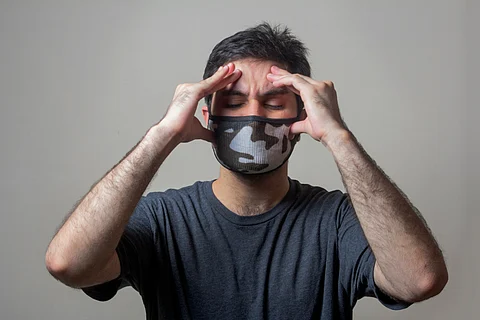The only way to know if CO is inside your home is to have working carbon monoxide detectors on every floor and outside sleeping areas.
“If a carbon monoxide detector sounds its alarm, do not ignore it because it’s trying to save your life,” Ruck said.
Carbon monoxide detectors don’t malfunction as often as people may think. Check CO detector units and batteries twice a year when changing the clocks for Daylight Savings Time.
“CO detectors save lives, so be sure to have them in your home or apartment,” said Ruck.
If you suspect someone is experiencing symptoms of carbon monoxide poisoning, get medical help immediately:
If someone is unconscious or unresponsive, get them out of the house and call 911 immediately.
Leave the house or building and get to fresh air. Don’t waste time opening windows. This will delay your escape and cause you to breathe in even more dangerous fumes.
Contact your local fire department or energy provider to check for a carbon monoxide leak.
Call the New Jersey Poison Control Center at 1-800-222-1222 for personalized medical guidance and care.
If you have questions or concerns about carbon monoxide, contact the New Jersey Poison Control Center immediately for medical treatment advice. Anyone can call for medical help – children, teens and adults.
Poison control centers are a medical resource for the public and health care providers. Get help 24/7: Call the Poison Help line at 1-800-222-1222 or start an online chat. If someone isn’t breathing, is having difficulty waking up or having a seizure, call 911
(Newswise/CD)


